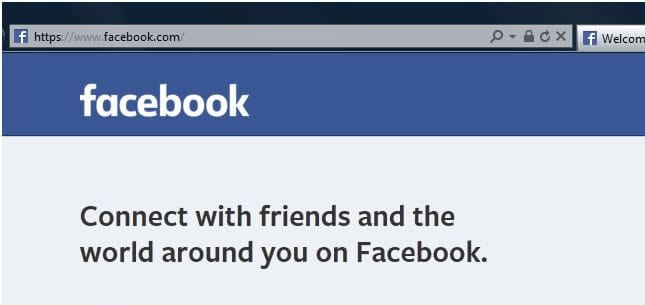Facebook Inc (NASDAQ:FB) may not be launching a new music streaming service, but it seems to be interested to get into the vast music video market. Facebook has reportedly had preliminary discussions with the major record labels about obtaining the licensing rights to incorporate music videos into its news feed.
It is trying to capture a share of the market presently dominated by YouTube. The organization reportedly intends to share ad revenue with labels, but the terms of the contract have not yet been finalized. As per Billboard, Facebook is ready to give the same split in ad revenue that YouTube presently offers – with 45% going to Facebook and 55% to the rights holders. However, according to the New York Times, Facebook has offered somewhat better terms than YouTube.
Facebook aims to start adding music videos in the coming months. The record labels would decide which videos come on Facebook, and the labels would have part of the revenue from ads that are displayed along with the videos.
Additionally, the social network has offered to do a better job of tackling the problem of unauthorized content than what YouTube presently does thus making Facebook a more attractive platform to launch new videos.
Even though Facebook has a vast number of users, YouTube boasts of billions of views daily. Video views on Facebook are doing very well lately owing mostly to the auto play feature. Facebook reports that it currently streams 4 billion videos per day.
Recently there had been speculation that Facebook was going to launch a streaming music service that would rival Apple Music and Spotify. But a Facebook representative said clearly that the social network has no such plan.
A transition into music videos is a logical next step for Zuckerberg’s company. It has already tried out the media on a small scale being the platform for Jay-Z to premiere the song “Holy Grail” in 2013.
The social network site also has made frequent use of short clips in its new instant articles. Facebook remains one of the handfuls of internet entities to possess a user base large enough to threaten YouTube’s position.
Sources: nytimes, theverge









